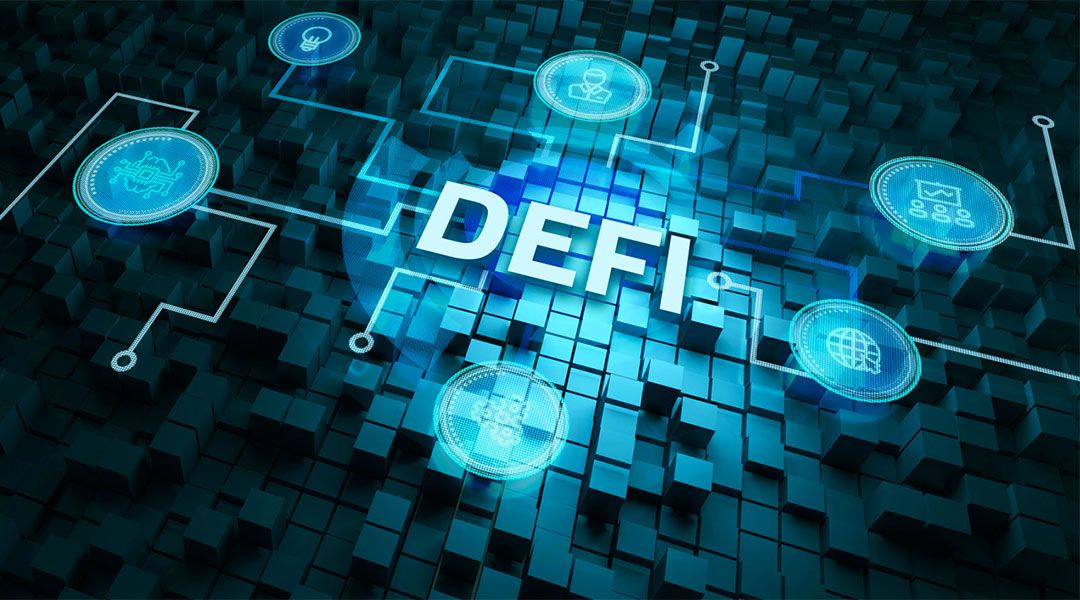How Blockchain Will Affect the Content Industry

From its humble beginnings with bitcoin, blockchain has morphed into a technology that has the potential to affect nearly every industry from banking to online publishing. At Imagjn, we also see the enormous potential of blockchain, which is why we are developing a decentralised collaboration platform that will offer solutions to fake news, clickbait and plagiarism. There are several ways blockchain can solve problems such as plagiarism and spam, let’s see how blockchain will dramatically improve content as we know it since the ripple effects of blockchain are just beginning to be felt.
Problems with Existing Content
Ever since the first online article or video was published, there have been a plethora of problems that content creators face, no matter how secure or professional the sites may be. Almost any content creator has experienced their content being copied or ripped by others, without their consent. Also, since the start of Trump’s Presidency, fake news is, unfortunately, the new normal. According to Bloomberg Businessweek, even medical journals are now experiencing problems with fake news. The open-access system of allowing the internet to distribute high-quality research to a wider audience has allowed unreliable content into the mix.
Spam also remains a problem, since people keep falling for it. Besides, spam is extremely cheap to send out, which means only a few individuals out of millions have to be taken in to make it worth sending. For the last few years, the best methods to fight spam have been to attempt to shut down spammers and create better spam filters legally. However, now there is a new solution, which could dramatically limit the possibility to send spam.
How Blockchain Can Solve These Issues
Blockchain, or Distributed Ledger Technology (DLT), can limit or prevent spam by creating email networks with individual nodes instead of centralised servers. A system will be guarded against attacks by using blockchain when receiving or sending emails. The system is protected and not open to spam on any individual node. There are even methods available for nodes to receive tokens in the network, similar to how Bitcoin operates. Users can ultimately get fair compensation for receiving only legitimate content. Another option to prevent spam is the application of a reputation mechanism when creating content. Users that send spam will need to pay a very small amount for each email sent, but when you are sending millions of emails, it can become expensive very quickly. This is one of the solutions we are looking into with dscvr.it.
Losing control of your content online is not just limited to other individuals using it without giving you credit. “Proof of Existence” is an online service that incorporates blockchain. It involves content being certified and timestamped into the bitcoin blockchain, providing a cryptographic record. It is a public record proving you own the content without actually revealing the information or yourself. When you add the metadata of the content on the blockchain as well, it becomes possible to proof at any time that you were the original creator. These aspects of blockchain will lead to increased accuracy and overall confidence in online content.
How Startups Are Implementing Blockchain
While blockchain is still in the beginning stages of practical implementation, several companies are already using the technology. The following are examples of how different blockchain startups are incorporating blockchain into their business model.
1. Theta Labs – Theta Labs is starting a decentralised network that provides blockchain video streaming. They have taken on the challenge of featuring video all over the world at lower costs. Theta is accomplishing this by offering a peer-to-peer video delivery system. Theta will also offer a cryptocurrency. Using blockchain, this network will provide quality streaming without the usual high cost of content delivery infrastructure.
2. Mine Labs – Mine Labs is a New York based company that has created Mediachain that will protect the creator’s rights to a variety of digital work. Mediachain allows content providers to store data with time stamps. This means the digital content can be found in a decentralised system, thereby safeguarding a content creator’s work.
3. Chimaera – Using blockchain, Chimaera has provided a way to manage complicated game worlds while also securing the sharing and ownership of virtual assets. Chimaera is providing a platform for nearly an unlimited number of players to play a variety of games.
4. Civil – Civil, a journalism company, is providing a news platform with the help of blockchain. Using Civil, creators of news content can publish news, collaborate with colleagues and directly receive compensation for their content.
5. Veredictum – This Australian start-up is in the process of creating applications that will register content on blockchain. The company is working to reduce the amount of video and film theft. This process will make it easier to recognise illegal content. The user can load their content, certify ownership and set the terms of distribution.
6. Blocktech – Blocktech is also working on a concept that creates an unalterable ledger. They have found a way to preserve tweets cryptographically to make sure they are not edited.
7. LBRY – This is a digital marketplace that provides a platform for you to upload your own content to a variety of hosts and ultimately own your own data. LBRY features a digital library where you can find everything from music to ebooks.
How Blockchain Will Change the Future of Content
Without any one individual maintaining or controlling a database, blockchain will ultimately change the way content is created and maintained. Literally, thousands of people will have their own copy of a particular database.
Further down the road, even Facebook and Google may lose the power they currently possess, with privacy and autonomy restored to the individual. Providers such as Amazon and YouTube currently take a fairly high percentage of artists’ and author’s products. Blockchain will hopefully disrupt the status quo and provide an easier and more effective way for creators of content to keep more of their earnings, which is one of the objectives of my company dscvr.it.
The days of centralised, commercially owned data may eventually go the way of the horse and buggy. The beginning of the revolution may include improving commerce, saving money and changing the content industry as we know it. As Distributed Ledger Technology continues to improve and advance, content creators will finally retrieve control over their content and be able to make a fair earning with it.
Image: Sammby/Shutterstock





